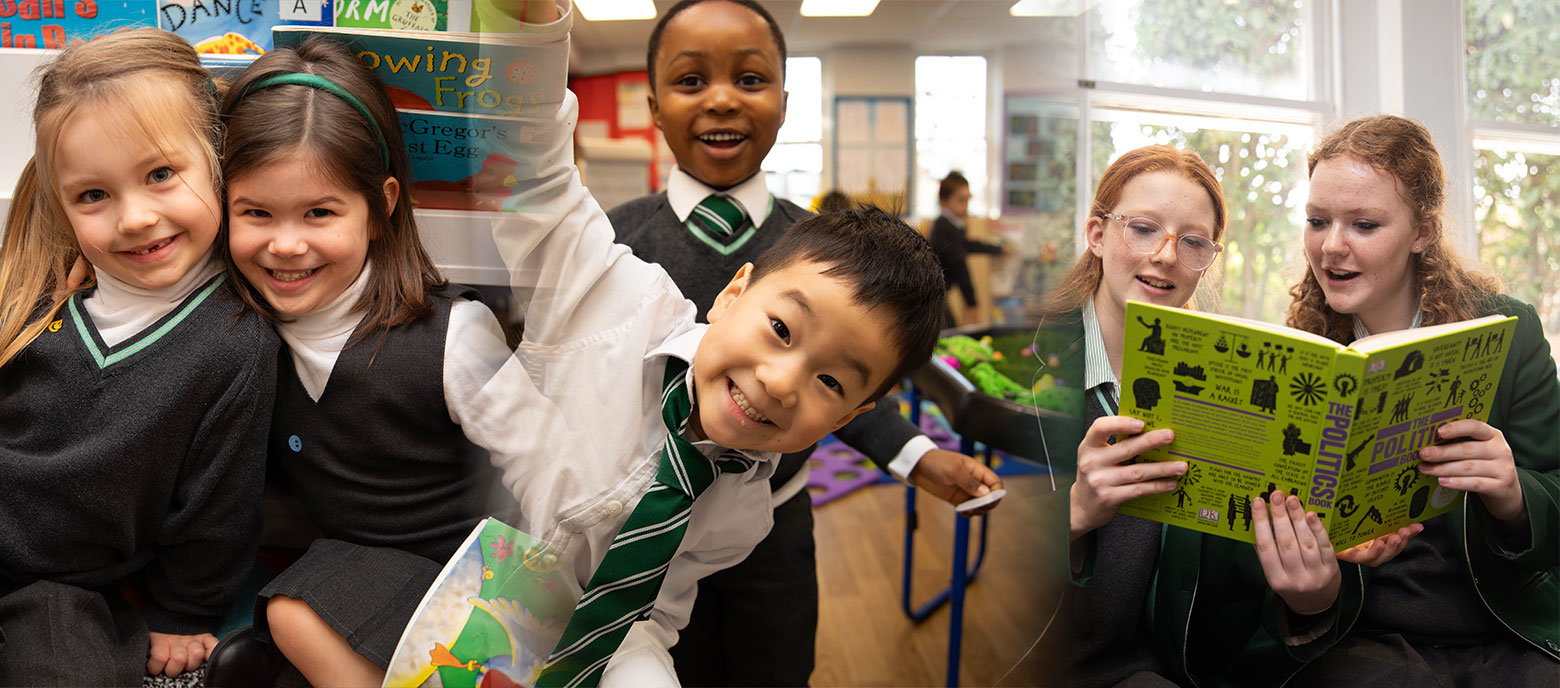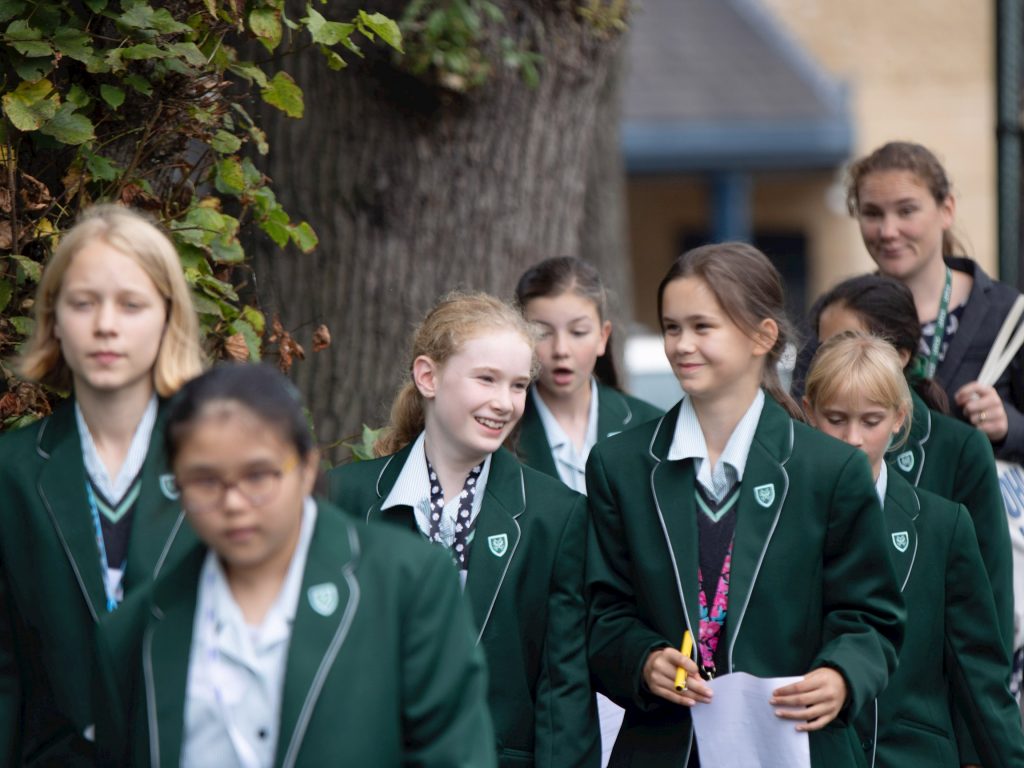The coronavirus pandemic and subsequent lockdown as has been well documented, was, and still is an unprecedented time. Even during two world wars, schools remained open – as such, the young of today are the first generation to ever take a forced six months ‘holiday’ from the normality of school.
Whilst the most technically advanced and forward-thinking schools can argue online learning allows for their students to continue virtually unaffected, we all know that this is just a small part of the story.
The real concern here are not just the gaps of knowledge, or the loss of curriculum content for some cohorts. It’s not even that for the majority of children in this country, little actual learning has taken place for six months. None of that is relevant when we look at the mental impact this has had on our children.
For many pupils, it’s the lack of consistency they have missed; the lack of continuity and the lack of seeing their friends in person, sharing their concerns, rejoicing in their achievements and simply being with their companions. Children need children – how many parents have described a more relaxing experience on holiday when their children have friends to keep them occupied.
We have tried hard as parents to fill the gaps, to keep them occupied: encouraging them to go on bike rides, play board games with the family, and spending time outside.
Meanwhile, the hours spent in front of screens has spiralled beyond all control, rules have disintegrated, making it hard to change their, and our ways when it’s been the norm for so long. Children have adapted by communicating through Instagram, WhatsApp and Snapchat, as well as a whole host of other social media. All of this is now coming back to bite us. As we embrace the return to school with open arms, it is quickly becoming apparent that many of our children have really struggled over the course of the last six months. Anxieties have become enhanced with no one to talk to about concerns. Friendships have suffered as face-to-face contact has been limited. What would normally have been resolved in a simple normal school day has been heightened.
As a school, it is vital that we address this. The government incentive to plug the gaps in learning and catch up by investing millions of pound in tutoring should be mirrored with a similar investment in supporting the well-being of our children: while giving our children the educational grounding and knowledge they deserve, they must also give our children the capacity to develop their well-being, resilience and positive mindset. After all, these are the skills that will get them through life, not just the A* in Maths and English.
So, what can we do? During the first few days of school, we talked to the pupils about their feelings, experiences and concerns. In small groups, in large groups and one-to-one tutorials. What has become clear is that after the initial bravado, there are some children who really have struggled. This is going to take much more than a planned conversation. This will take time. As a school, a teacher, a tutor and a mentor, we need to stay open to the idea that for some children this has not been an easy process. Issues may manifest themselves months down the line. As schools, we need to be prepared to give children time to articulate their concerns, time for them to be confident enough to talk about their concerns and time for them to adjust.
Frequent conversations and planned discussions help, as does having a counsellor and mentors permanently onsite for drop-in sessions. There is much catching up to be done here. Our children deserve to be listened to, deserve to be supported and deserve to have the best people working with them. However, giving your child the time they need to have an open discussion is necessary. Pushing these things on them; ideas of struggle and anxiety, may make them worry more – be understanding, gentle and empathetic, giving them the right ground to be honest and transparent.
As parents, school need to be made aware of your concerns, particularly if your child is hesitant about coming forward. Schools need to be able to work in partnerships with families to support their children. There are so many positives to be taken from lockdown that if children don’t open up, we will become drowned in the negativity and worry.
At Surbiton High School, we have introduced a new way of measuring a child’s well-being. Although not foolproof, it is a starting point at the very least for the flagging of issues or for the start of a conversation. We are expanding a trial of the Warwick-Edinburgh Well-being Scale (WEMWBS) to assess the well-being of our pupils, seeking to achieve four goals:
- Help our young people actively think about how they feel and help them to recognise or articulate issues that may be infrequently discussed.
- Assist us in identifying and supporting, alongside the pastoral support already in place, those pupils that may benefit from additional support.
- Enable us to track changes in mental well-being over time, allowing us to evaluate and improve the impact of interventions, school approaches and staff development.
- Allow us to see the bigger picture: to understand the breadth and depth of difficulties for pupils.
We all know children won’t tell us about their school day, so try asking the following questions:
- What made you smile today?
- What was the hardest thing you had to do today?
- What is the biggest difference between this year and last year?
- If you are worried about something, who can you talk to about it at school?
“No change is permanent, but change is.” – Neil Peart
– Rebecca Glover, Principal
Categories: Whole School




